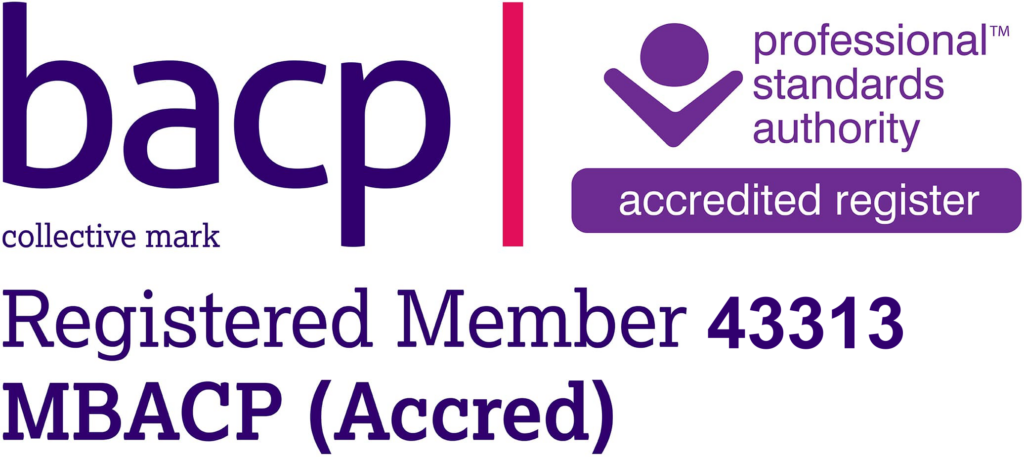 ‘My feelings are all mixed up.’
‘My feelings are all mixed up.’
‘I don’t know what I feel.’
‘I feel nothing at all – but it isn’t good.’
When you know you feel bad, but don’t know why, it’s confusing. The root cause could be so many things. Perhaps difficulties have piled up over time and now thoughts and feelings spin round inside you, in one horrible depressing mass. You may suspect that talking about it might help – but you have absolutely no idea where to begin.
This kind of confusion is not uncommon. Unfortunately, it often leads people to repress how they feel. Repressing might seem to be the best thing to do – after all, aren’t you meant to put a brave face on things and keep on carrying on? Well yes and no. Done too much over a long time, repressing can actually make things worse.
Repressing might seem to be in the best interest of other people that you care about, friends or loved ones. Perhaps they need you to be strong. If you allowed your own difficult feelings and thoughts to be admitted and expressed – well then you might start questioning how things are. Questioning might lead to painful realisations and that might lead to change. But what if the changes are too big, or too hard, or everything you’d built up in your life, so carefully over years, began to fall apart?
These fearful thoughts are natural, but until they are explored, they are just that, fearful thoughts. It’s also true that questioning and realisations might lead to changes which are good and which lead to happiness, for you and others around you.
When thoughts and feelings have built up inside, they can also lead to a feeling of numbness. It’s like we’ve switched off from that part of ourselves. It’s just too much, too hot to handle and so a whole area of our life or past, becomes an internal no-go zone. It may not even feel like something is really wrong, more like a nothing. Sometimes this nothing can be felt as a place in the body, a place which feels heavy, but not much more, perhaps in the chest.
Talking about it can, somewhere it’s safe to do so, can really help. For things to change for the better, that numb mass of feelings and thoughts may need to be unravelled, strand by strand, thought by thought. Talking starts with naming the many elements of your life and exploring everything that’s going on and then looking at what happened in the past. This kind of careful exploring takes as long as you need it to take. It’s just talking – nothing actually needs to happen, as yet. You’re simply working out how things are and what you really feel. The presence of a caring listener helps you to be clear, because you’re trying to communicate the truth, as best you can. You’re doing your best not to fudge things. You’re working out aloud, is it like this, or is it actually like this?
In counselling, this kind of careful clarification in words is encouraged. It’s safe to do, for there are no repercussions or judgement, as there might be if you spoke to someone in your family. Saying how things are can be scary, of course, for now you are really admitting what you haven’t dared admit for ages. It may mean difficult feelings which you repressed in the past, come to the surface. This is work. It isn’t easy. But over time it can lead to a real easing of the numbness. It can lead to feeling really alive once more.


